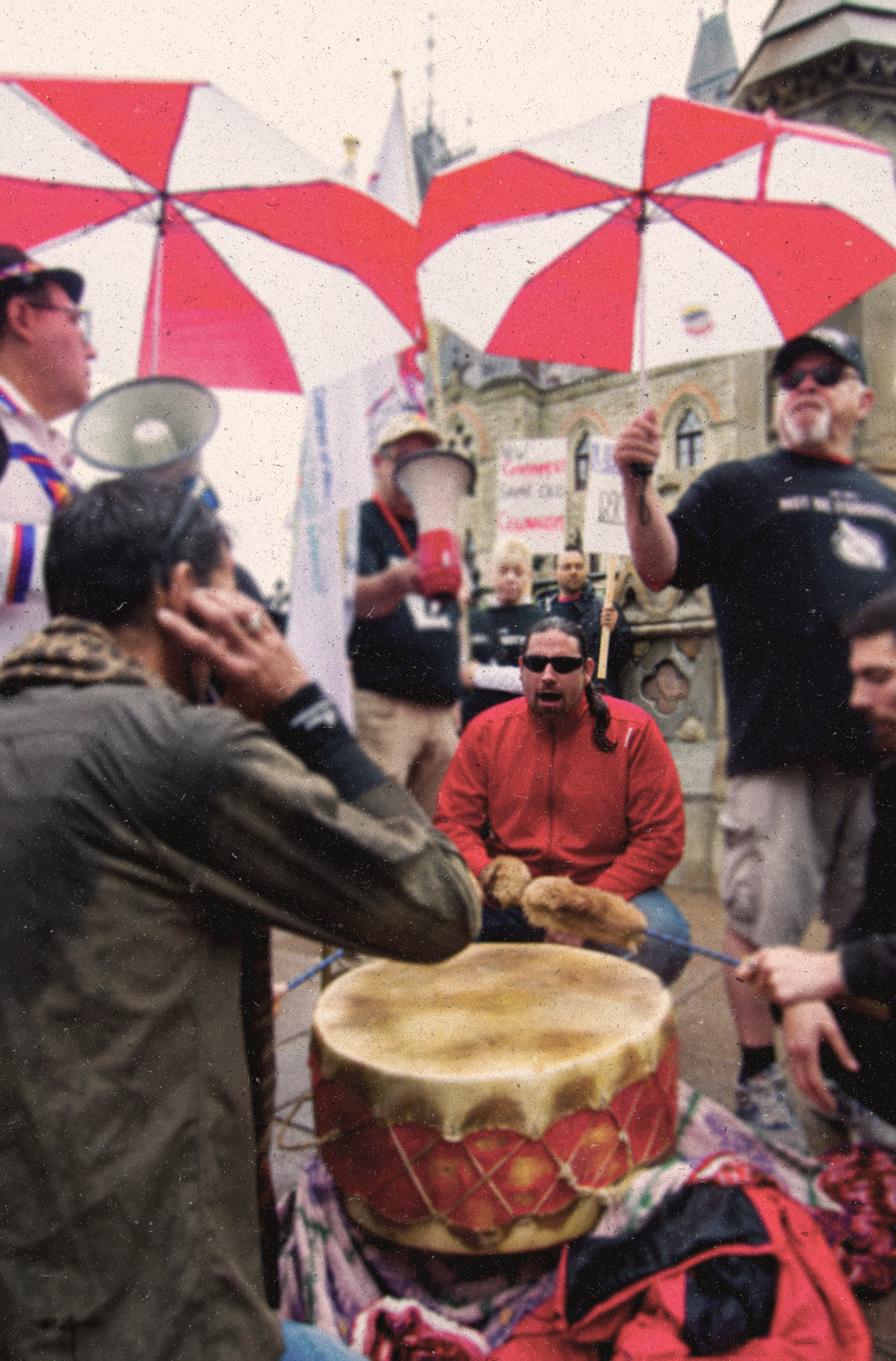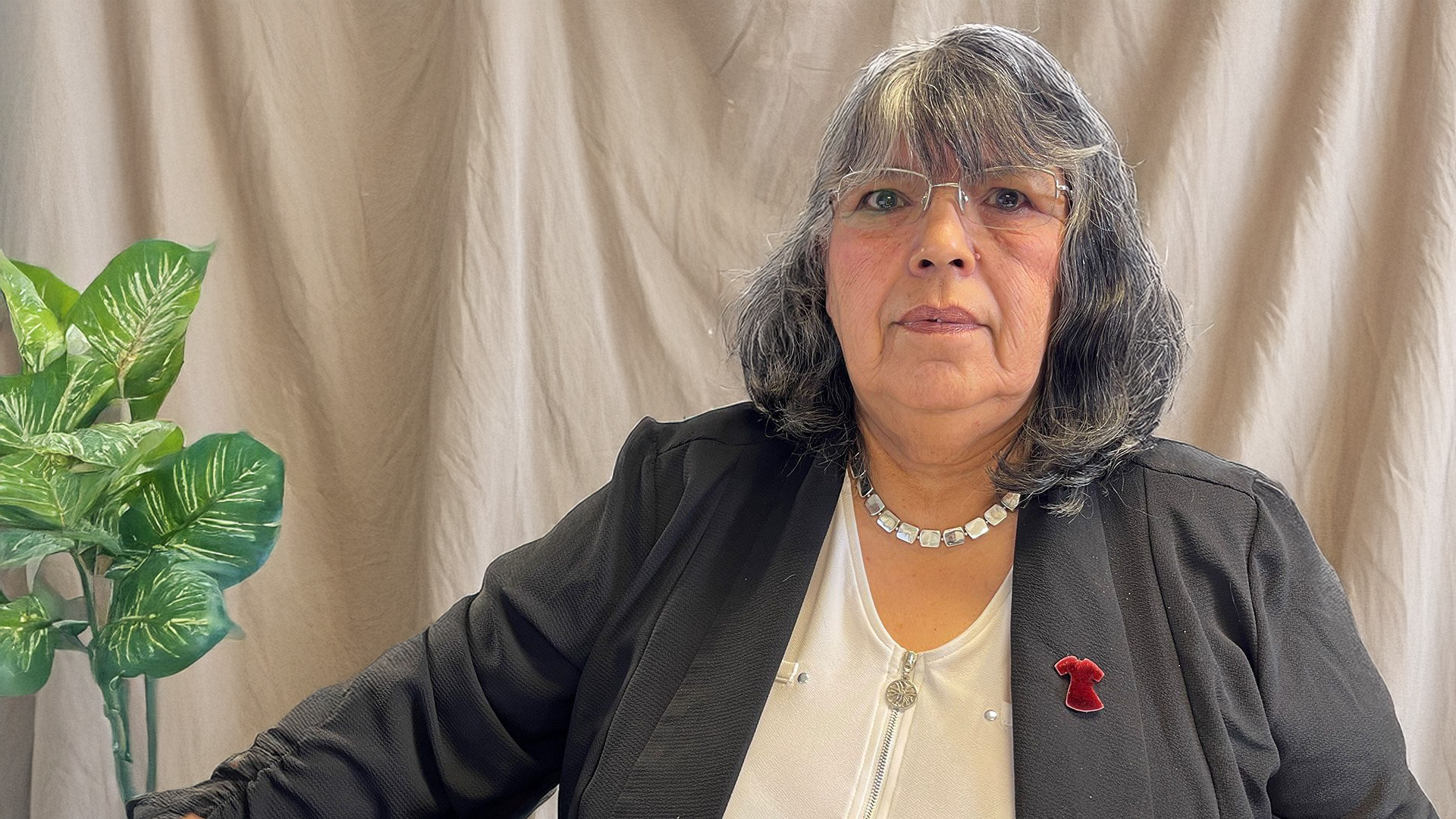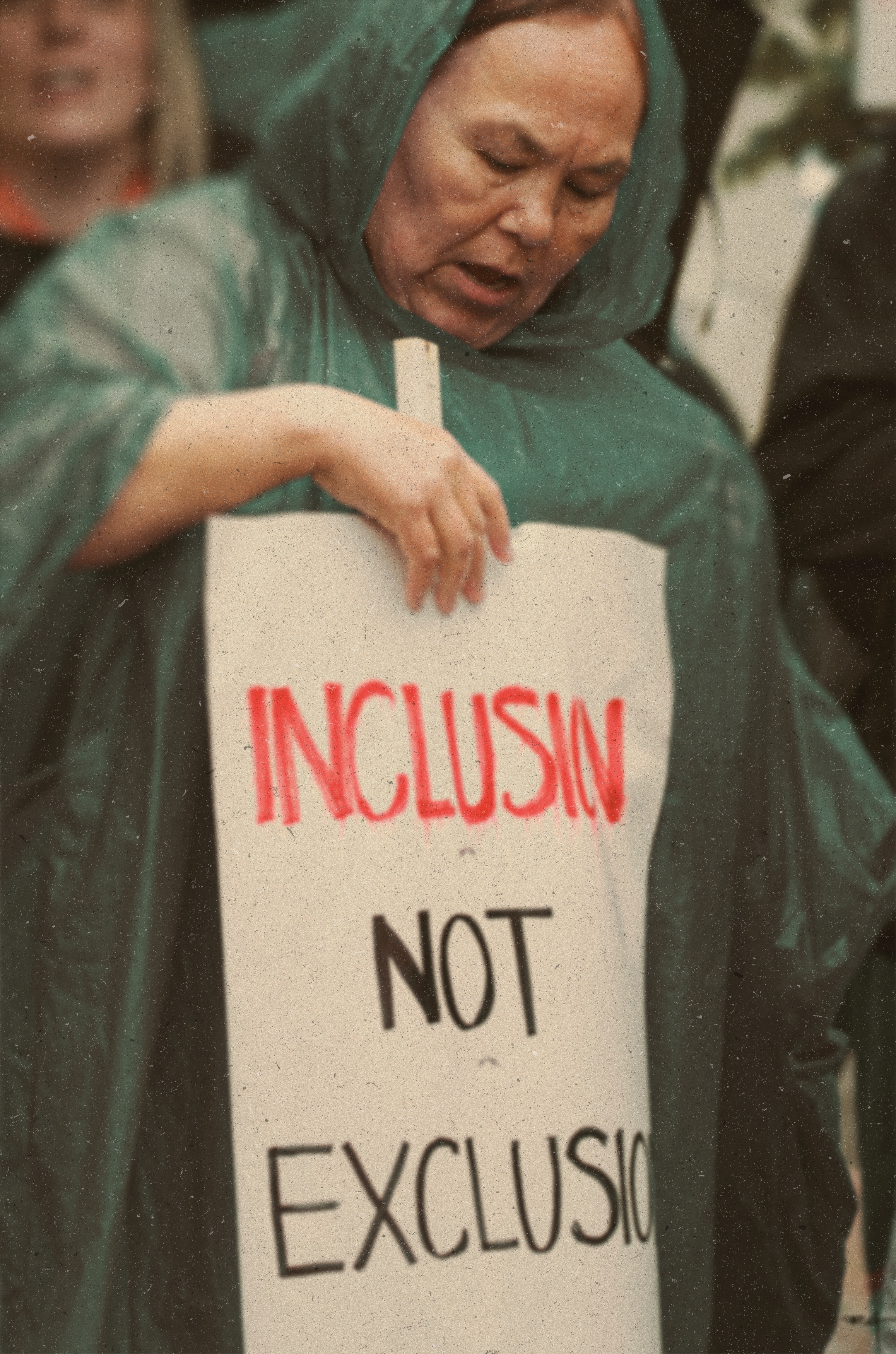September 24–25, 2025 | Ottawa Marriott Hotel
Hosted by the Congress of Aboriginal Peoples
From recognition to reality — the Summit unites communities, leaders, and allies to advance equity for the over 80% of Indigenous Peoples living off-reserve, building on the CAP-Daniels Decision and Political Accord to reaffirm rights and drive action.
CAP - Daniels Summit 2025
∞
Reaffirming Rights, Advancing Action
∞
CAP - Daniels Summit 2025 ∞ Reaffirming Rights, Advancing Action ∞
About the
CAP‐Daniels Summit 2025
In 2016, the CAP-Daniels Decision was more than a legal victory — it was recognition of lived realities for hundreds of thousands of Indigenous Peoples who had been excluded from housing, health, education, justice and more.
The first CAP-Daniels Summit in 2017 honored that achievement and called for change. The 2018 Political Accord between CAP and Canada built on that momentum, committing to real partnership on issues such as child welfare, housing, justice, languages, and MMIWG2S+.
Today, the CAP-Daniels Summit 2025 gathers communities, leaders, and allies to reaffirm these rights and demand implementation. It is both a reflection on progress and a call to action: recognition must become reconciliation, and reconciliation must drive lasting change.
Defining Moments
Landmarks in the CAP-Daniels Story
-
Landmark Supreme Court ruling recognizing Métis and non-status Indians as “Indians” under Section 91(24). This ended decades of jurisdictional neglect.
-
CAP and Canada’s commitment to turn recognition into practice, providing a pathway to meaningful engagement and equitable services.
Meet Our Speakers
The CAP-Daniels Summit 2025 will bring together legal experts, community leaders, Elders, and knowledge holders to reflect on the legacy of Daniels v. Canada and chart paths forward for recognition and rights. Panels will examine the legal foundations of the CAP-Daniels case, challenges with Canada’s distinctions-based approach, and opportunities for advancing constitutional, legislative, and policy solutions. Elders, including Mary Palmater and Peggie Wentzell will ground the Summit in ceremony, reflection, and lived experience.
Over two days, participants will engage in working sessions on legal strategies, policy change, and community development, culminating in concrete recommendations and advocacy priorities. The Summit reaffirms CAP’s commitment to advancing the Daniels Decision and ensuring meaningful recognition, rights, and inclusion for our Peoples.
Tools for Change
Explore background materials that bring the Daniels Decision, the Political Accord, and UNDRIP commitments into focus. These resources provide clear, accessible information and lived perspectives to support learning, advocacy, and meaningful action.
Materials available for download below
-
-
-
-
The Government of Canada is implementing the United Nations Declaration on the Rights of Indigenous Peoples (UNDRIP) through the United Nations Declaration Act (UNDA). A central element of this legislation is the Action Plan, described as “a roadmap of actions Canada needs to take in partnership with Indigenous peoples to implement the principles and rights set out in the UN Declaration and to further advance reconciliation in a tangible way.”
One of the most important commitments is Action Plan Measure #90, which directs the federal government to:
“Address policy, program, and socio-economic gaps, and strengthen interdepartmental and intergovernmental relations, in full partnership with Métis, non-status, off-reserve, and urban Indigenous peoples, consistent with the CAP/Daniels decision.”
This measure recognizes Canada’s responsibility to ensure that off-reserve, non-status, Métis, and urban Indigenous peoples are meaningfully included in the implementation of UNDRIP and in the advancement of reconciliation.
The Congress of Aboriginal Peoples (CAP) has made it a priority to advocate for full implementation of Measure #90 across all federal departments and agencies. This Summit is an important part of that work, creating a space where community voices guide the path forward and ensuring that the lived realities of CAP’s constituents remain at the center of reconciliation efforts.
Learn more about the UNDA Action Plan OR United Nations Declaration on the Rights of Indigenous Peoples Act.
-
-

















